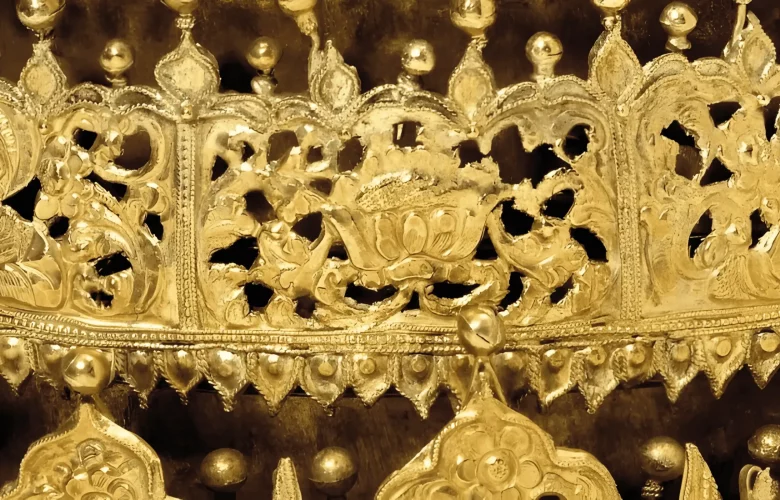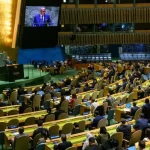Britain’s colonial past is no secret, but in many ways, it’s also far from over, as many of the collections showcased in museums around London are a result of theft, looting and violence. The Maqdala exhibition at the Victoria and Albert Museum (V&A) has reignited the debate: Should spoils of war be returned?
The answer to this is a resounding ‘yes’ from both Ethiopians and supporters in the UK, who believe that the V&A has to recognize the right of the Ethiopian people over their stolen cultural heritage. The Ethiopian government has called for the return of the stolen items from Maqdala, items taken in 1868 (around 151 years ago) by British troops who stormed Emperor Tewodros II’s fortress and took with them valuable and culturally significant items to sell to the highest bidder and raise military funds. The V&A responded last year saying that they were willing to consider loaning the items to Ethiopia long term. This response was met with outrage.
Saying that they are happy to consider loaning the items back to their place of origin is a complete slap in the face. Not only is this an exercise of imperialistic power, but it is also an act of disassociating Britain from the violence and brutality that lead to them having the artefacts in the first place.
Understandably, Museums in the UK fear enacting a domino effect, where if they relent and agree to return artefacts to one nation, they would possibly have to relent and give back items from all other nations demanding their property back, including the Elgin Marbles stolen from the Parthenon in Athens, and the Rosetta Stone from Egypt, resulting in near empty museums. This would compromise the reputation of cosmopolitanism built over the years in British museum culture, exposing how much these museums, including the V&A, need these items, as the UK’s cultural tradition is limited and sourced outwards.
An argument put forward, is that until Ethiopia can prove that these treasures can be guaranteed safety, they should remain where they are. This opinion is a prime example of reproduced ignorance in the west that assumes and aggravates the idea that countries in the earth’s lower hemisphere can’t take care of themselves, but lets hit this with some facts to do away with patronising and overall racist statements.
Ethiopia is not anything if not a country that values and cherishes its history. Tradition is practiced in every home daily, from the way we dress and our food is cooked, to the way our coffee is made. The idea that we can’t have our stuff back until we ‘prove’ we can handle it is also proven moot, as we have been handling the remains of our earliest ancestor, also known as ‘Lucy’ or Dinkinesh, just fine. And don’t forget, it has been done before. Italy returned stolen artefacts from the city of Axum currently kept in perfect condition.
If safety is truly a concern for the V&A, perhaps a more collaborative approach would make more sense. They could agree to give the treasures back permanently, and cultivate a partnership around conservation and heritage management, thus sharing their knowledge instead.
Till then, part of Ethiopian identity will continue to be held hostage in the British museums.





